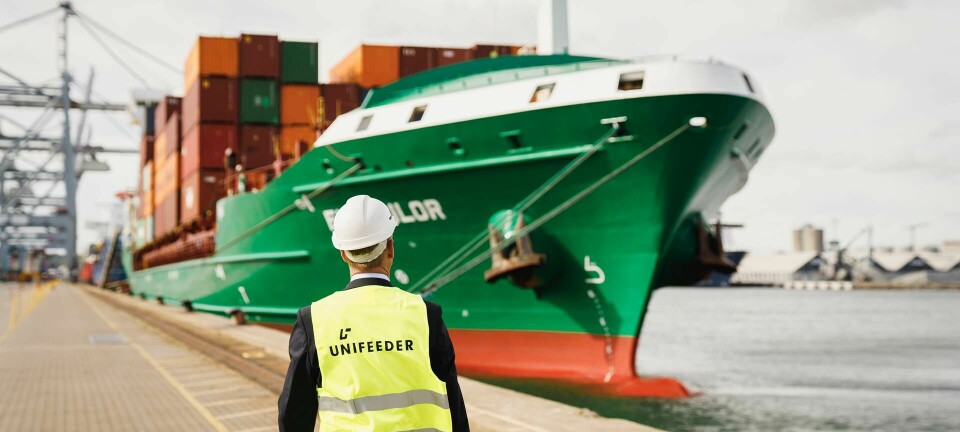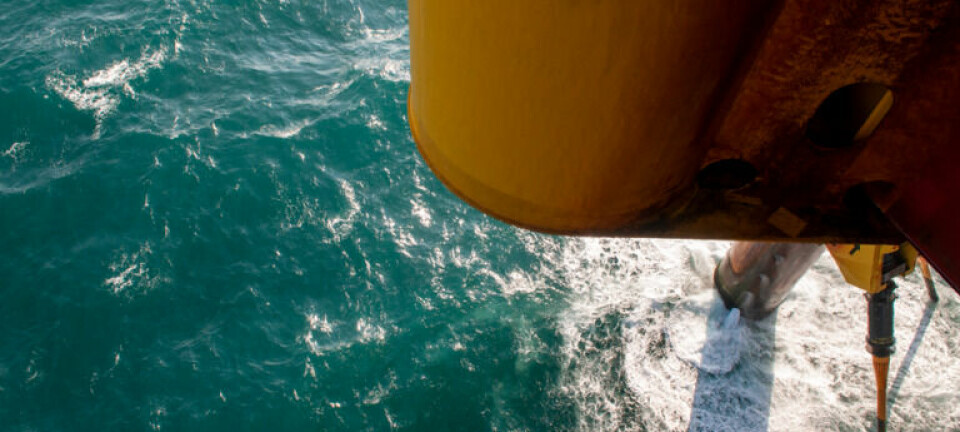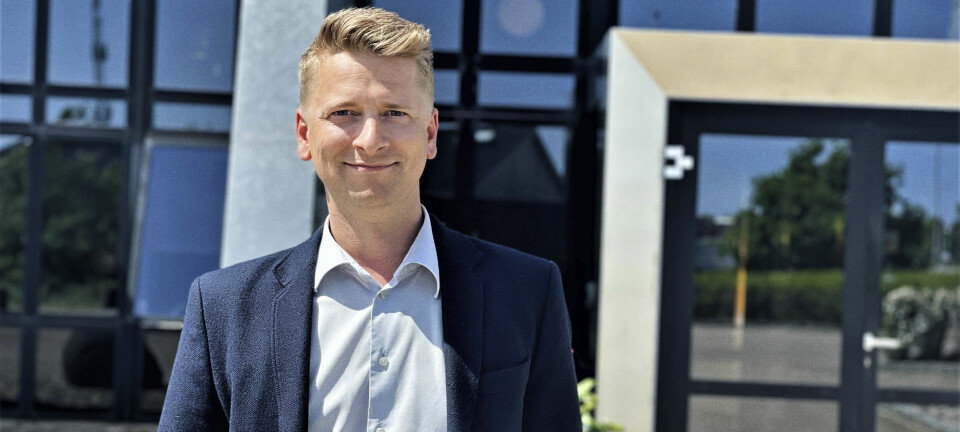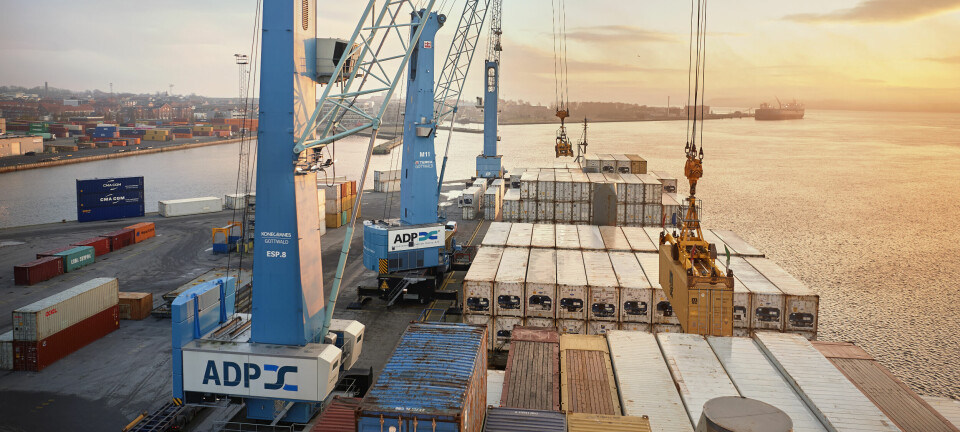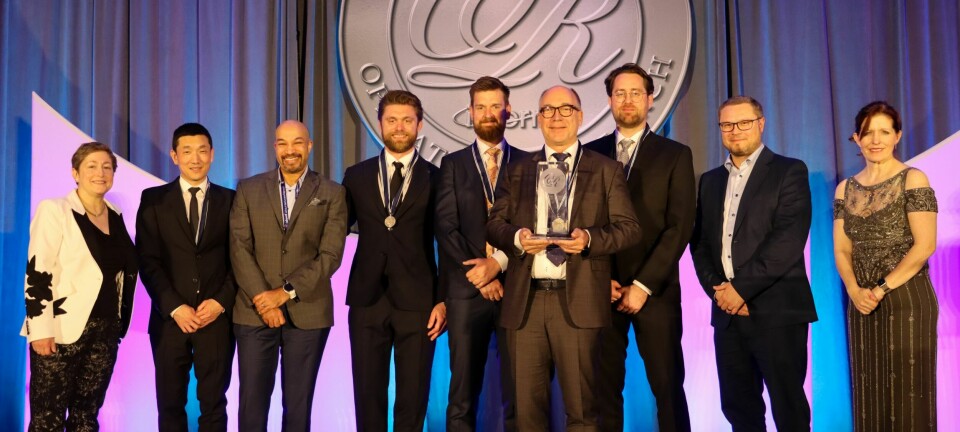Leading Management Education for the Shipping Industry

In an intensely competitive and fastchanging global environment, our aim has been to move beyond traditional leadership development models and attune ourselves more closely to grooming and recruiting the next generation of leaders by creating a vibrant business ethos. I believe that the Blue MBA has achieved this goal and is building upon it.
It might be easy to forget that in the dramatic roster of issues that the industry faces, resides a strong component of the human element. It is people, not machines, who have occasioned many of the successes, but also many of the setbacks in all segments of the industry – often through lack of vision, of following the herd. It is far from easy for managements to navigate their companies through the economic minefields and turbulent waters they have encountered for more than a decade.
One of the top maritime offerings of Denmark is its superb management education. Just as the human element is critical to safe and efficient operations at sea, it is increasingly recognised that decision makers in companies and organisations need skill sets far beyond what were deemed acceptable earlier in the modern era.
From Copenhagen, we are reaching out around the world to help train the new generations of leaders, through our Executive MBA in Shipping & Logistics (known throughout the industry as the Blue MBA).
Since the programme was launched around 20 years ago, we have graduated some 280 candidates – from 45 countries – who hold senior management positions and we are in the course of registering new men and women for the intake of 2021 (Class of 2023), which will start work in September of 2021 that year.
It hardly takes a genius to discern that our industry like all major undertakings has reached a critical juncture, as technology spurs the pace of change in communications, engineering, commercial transactions and trade patterns. The paradox is that even as unprecedented technological developments appear to hold out the answers to everything, we need more than ever to prioritise the human element in the mix. The requirement of the hour is to focus attention on advancing the knowledge of the individual, supplying him or her with a ‘toolbox’ of analytical expertise and competence to achieve the best in practical and strategic decision-making.
Cultivating such abilities is at the core of our unique programme, which is under the wing of Copenhagen Business School, an institution tripleaccredited and recognised as being in the top 1.5% of its peer group.
In 2017, the Association of MBAs (AMBA) at its Global Deans and Directors Conference presented representatives of the School with the 100-years milestone award, recognising a century of achievement.
Key role of human capital
Human capital can be strengthened through the application of money, time and resources, but the trick is to do this effectively. Our contribution is to provide a holistic education to our students. We never lose sight of the necessity to train senior executives to be prepared to meet the ever more complex demands of the industry. Their ability to do so can mean all the difference between success and floundering into failure.
Huge potential of shipping
While shipping has been for long an “old economy” industry clinging to legacy systems and methods, it has huge potential to move forward through digitisation such as automation of cargo handling and trade processes to achieve what is touted as frictionless trade, and green technology in ship design. At every stage of the maritime chain there is a revolution to be mastered – one example is aligning further ports to handle new generations of mega-ships. Different segments of the shipping industry (container, dry bulk, tanker) remain fraught with both their individual problems and common concerns such as new regulatory clampdown on fuel quality.
Managements will need specific understanding over the application of everything that is new but must have an acute awareness of how and where the rapid changes will fit into macro-strategies. Against this background, the most intelligent companies are rightly considering competent people as the main factor adding value to their modus operandi and their brand. This means the Blue MBA is very much in demand as its graduates become empowered to help ensure effective management of risks and opportunities in this volatile and thoroughly globalised industry.
I am proud to have been involved in the development and co-ordination of this MBA since its inception in 2001 and to have seen it secure a firm place globally as what commentators say is the best part-time executive MBA programme serving the maritime sector. Industry leaders have confirmed time and time again how the Blue MBA brings substantial real benefit to the individual businesses the graduates serve and to the wider industry. They have perceived that the programme goes much deeper than mere “academic exercise.”
Discover more about the Executive MBA in Shipping & Logistics, Copenhagen Business School here: www.bluemba.cbs.dk


